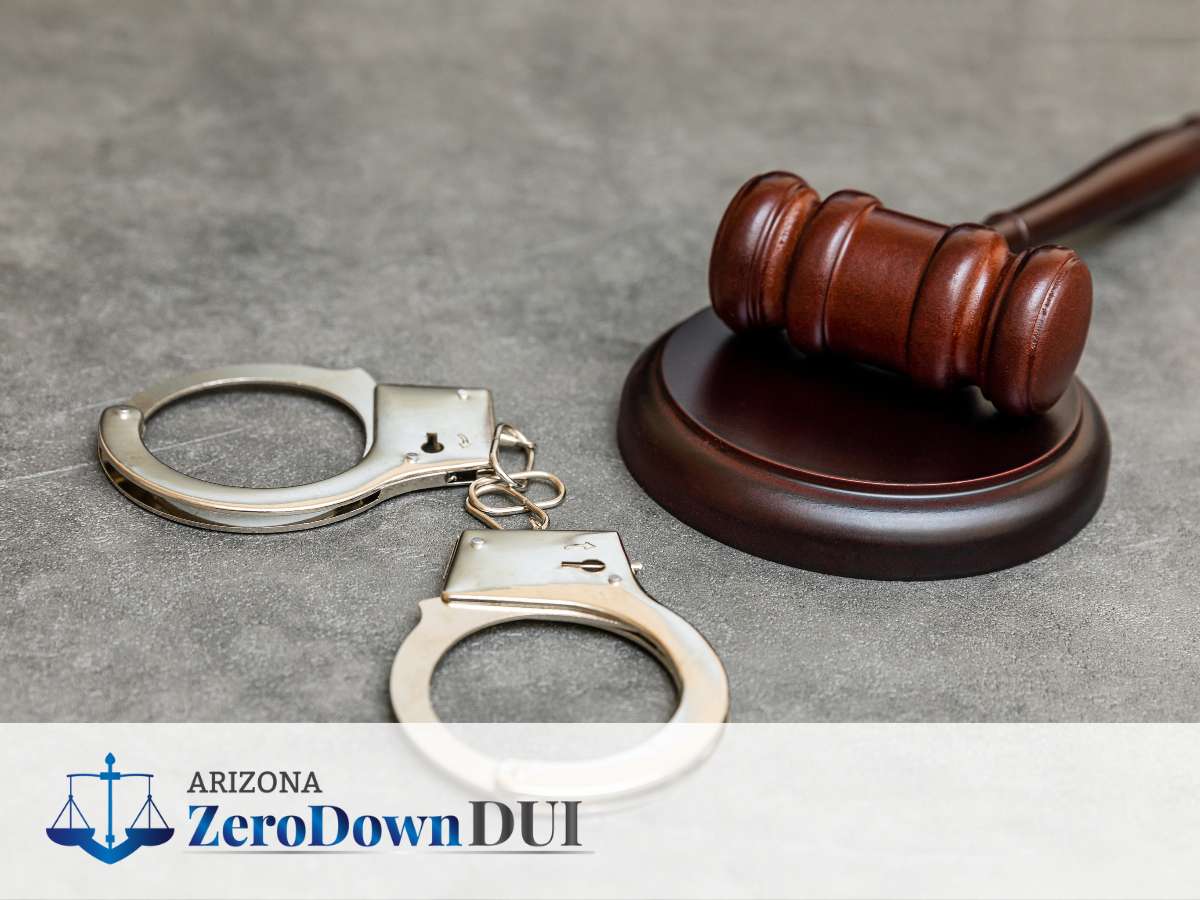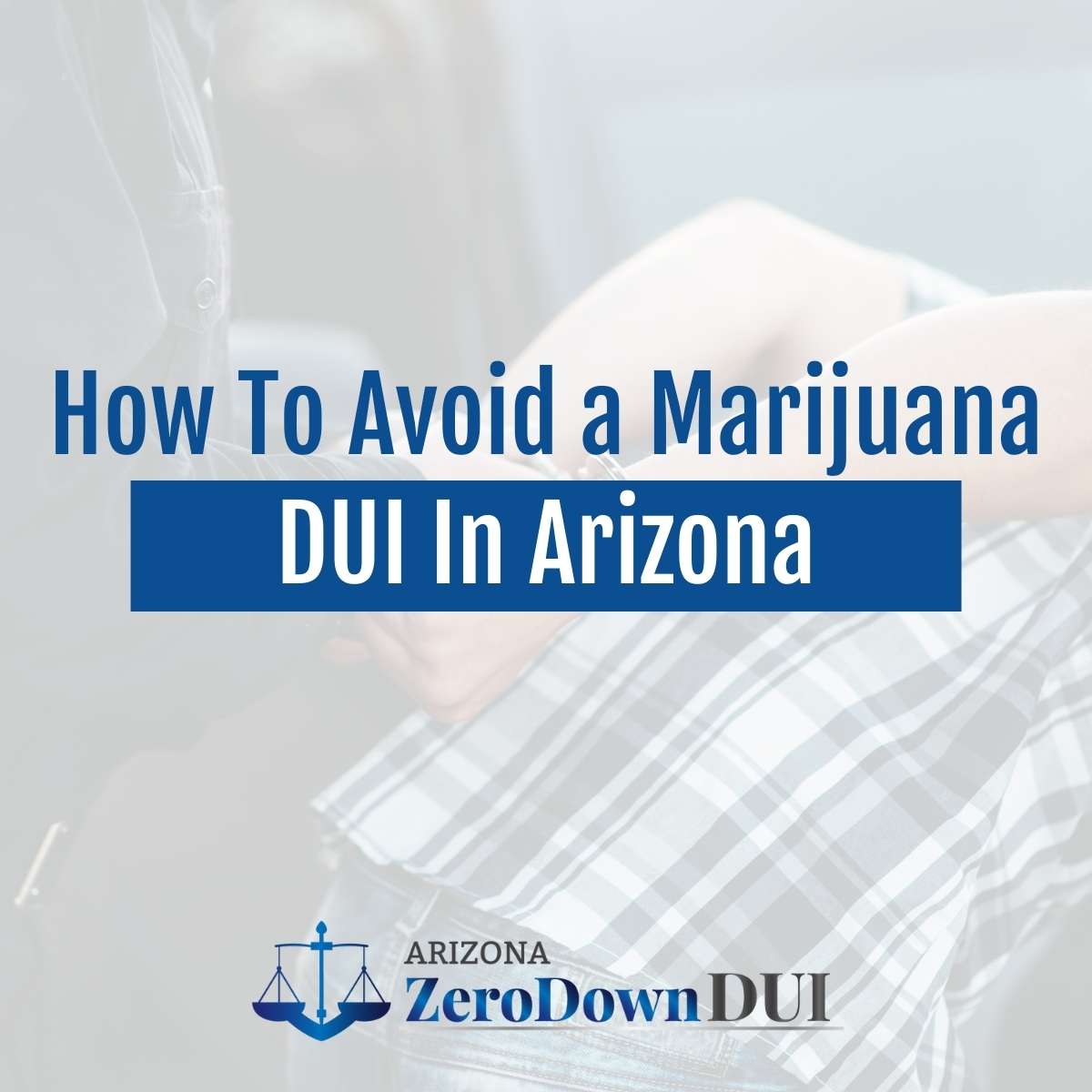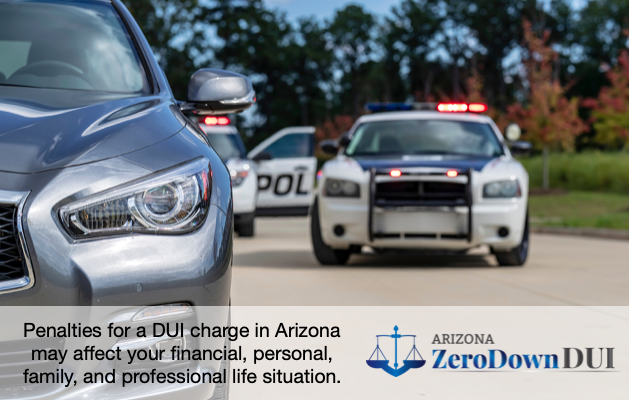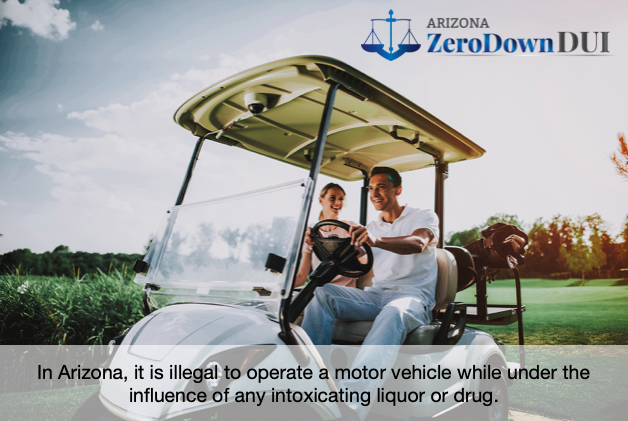Is A Public Defender Really Free?
If you’ve ever watched a movie or television show in which the police place a suspect under arrest while reading their Miranda rights, you’re probably aware that defendants charged with crimes have the right to an attorney, including a court-appointed attorney if they can’t afford to go out and hire their own. Depending on your circumstances, the best financial choice for you may seem like opting for the court-appointed attorney. However, this can come with hidden costs that can be stressful or even devastating for a criminal defendant- especially one who is convicted of their accused crime.

How Much Does A Public Defender Cost?
Public defenders aren’t volunteers- they are paid government employees. They get paid a salary, which needs to come from somewhere. And sometimes, the defendant they are assigned to by the court may be ordered to bear some or all of the costs of their representation. A defendant must meet two requirements to qualify for free representation from a court-appointed attorney. First, the defendant must be facing criminal charges in justice or superior court that involve jail time. Second, the defendant must not financially be able to hire a lawyer, which usually means falling below the poverty line.
The court determines a defendant’s financial ability to pay a lawyer using the means test. If you’ve ever considered or read about bankruptcy, you may have heard of the means test. It is used to calculate someone’s disposable monthly income, and for bankruptcy purposes, determine which chapter of bankruptcy they can file. The means test will use your household income, take into account other streams of income and dependents, as well as mandatory expenses like taxes, child support, student loans, etc. The court will analyze the results of the means test to determine whether or not the defendant should burden the costs of their own public defender.
If the defendant doesn’t “pass” the means test, they will need to pay a reasonable fee for their legal representation, even if it was court-appointed. Here, the court will take into account the defendant’s financial resources and the burden that forcing the defendant to pay the representation fees would impose.
The Costs Of Conviction
If a defendant is forced to pay some or all of the costs of their public defender, it is just one of the financial they will face after a criminal conviction in Arizona. Most criminal convictions come with fines and assessments from the court that can cost thousands of dollars. If your criminal conviction involves a traffic offense, you will be ordered to complete traffic survival school at your own expense. There will be costs associated with getting their driver’s license reinstated if they face those types of penalties. A defendant convicted of a driving-related crime can expect their auto insurance rates to go through the roof. The defendant might need to install and maintain an ignition interlock device in their vehicle, which can come with installation fees, monthly fees, and upkeep/inspection fees. A vehicle can be impounded and possibly held for a certain number of days at an impound lot if it is associated with a crime, and the owner will need to pay a fee to have the vehicle released. Finding alternate transportation while dealing with all of these issues can also be expensive.
Criminal fines are separate from civil damages resulting from that same crime. For example, if you are convicted of assault, you will need to pay court fines and may have other expenses such as court-ordered anger management courses. But if the victim brings a civil lawsuit against you, you could be liable for their medical bills, lost income, pain, suffering, and more. Similar fines can also be brought through a criminal conviction known as restitution.
There are several types of courses that you may need to take as part of your criminal conviction, and they can come with significant fees. As mentioned above, anger management courses could be part of your court-ordered treatment program. A parent convicted of certain crimes, especially crimes against children, may have to take court-ordered parenting classes. Defendants convicted of domestic violence in Arizona must also complete a special treatment and education program to avoid re-offending. Drug and alcohol convictions often come with drug and alcohol screening, education, and treatment which all must be paid out of the defendant’s pocket.
Nobody wants to go to jail or prison, with the loss of liberty likely being the number one reason why. With gangs, violence, and poor access to medical care, prisons can be physically dangerous places. But serving time behind bars can also come with lingering financial repercussions. Going to jail could make you lose time from work, clients, or your job altogether. Being in jail can be expensive for you and your family. For July 1, 2022, through July 1, 2023, the daily fees for Arizona jails are $548.45 for booking and $114.02 for housing. A defendant who has the financial resources to pay for these expenses will be ordered by the court to do so. If your loved ones choose to pay for phone calls and commissary for you, this will be a significant expense.
Plea Bargaining
When the evidence is stacked against you, it may seem highly unlikely that a jury will find you not guilty at trial. Here, the defense’s best strategy may be to convince the prosecutors to reduce the charges rather than drop them. One of the most common examples of plea bargaining is when a defendant accused of DUI accepts a deal from the prosecution to instead plead guilty to reckless driving. This benefits the defendant because reckless driving doesn’t have a mandatory jail sentence like DUI does. However, some offenses are ineligible for plea bargaining. Additionally, prosecutors aren’t always willing to engage in plea bargaining. It may take an experienced Arizona defense attorney with extensive relationships with members of the court to pull off a favorable plea deal under certain circumstances. It can also take patience and persistence to obtain the best deal possible, which are resources that might not be as available to a public defender as to a private defense attorney. A consultation with one or more Arizona defense attorneys will let you know if your charges are eligible for plea bargaining and your odds of success with this strategy.
Experienced Arizona Private Defenders Offering You An Alternative to Using A Public Defender
You may not trust your case in the hands of a public defender, and you could very well end up paying for their services, even if you are convicted. These costs, coupled with other fines and assessments from the court and jail or prison time will make a criminal conviction far more expensive than you may have originally thought. Arizona Zero Down DUI can assess your situation to let you know how the prosecution is likely to proceed, your chances at trial, whether you should try plea bargaining, and more. We strive to offer a high-quality option for Arizona residents facing criminal charges besides the public defender and our countless other private competitors. Contact us through our online form or call us at 602-661-0988 today.
Mesa DUI Lawyers
Tucson DUI Lawyers
ASU DUI Lawyers
Gilbert DUI Lawyers
Tempe DUI Lawyers
Phoenix DUI Lawyers
Scottsdale DUI Lawyers
Arizona Offices:
Mesa Location:
1731 West Baseline Rd., Suite #100
Mesa, AZ 85202
Office: (480) 448-9800
Email: [email protected]
Phoenix Location:
343 West Roosevelt,Suite #100
Phoenix, AZ 85003
Office: (602) 609-7000
Email: [email protected]
Glendale Location:
20325 N 51st Avenue Suite #134, Building 5
Glendale, AZ 85308
Office: (602) 509-0955
Email: [email protected]
Tucson Location:
2 East Congress St., Suite #900-6A
Tucson, AZ 85701
Office: (520) 441-1450
Email: [email protected]
Avondale Location:
12725 W. Indian School Rd., Ste E, #101
Avondale, AZ 85392
Office: (623) 399-4222
Email: info@arizonazerodowndui





